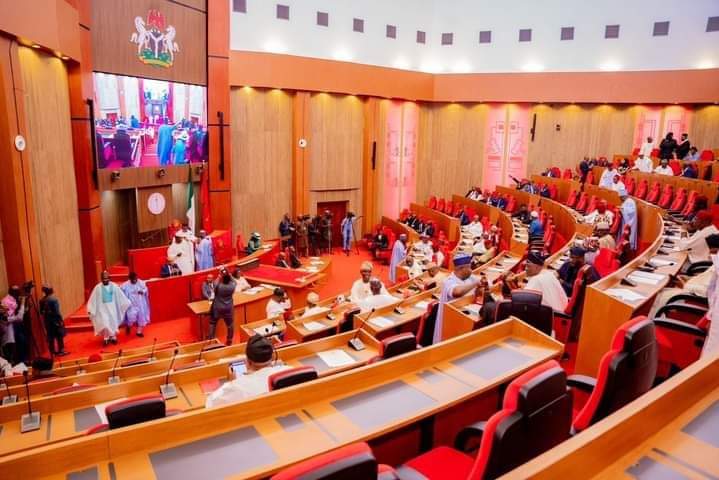A Bill for an Act to provide for the Regulation and Promotion of Factoring Services in Nigeria, on Wednesday, passed second reading in the Senate.
The Factoring Regulation Bill 2024, which aims to address the persistent challenge of delayed payments faced by small businesses in Nigeria is being sponsored by Senator Asuquo Ekpenyong Jnr (Cross River South).
Leading debate on the floor of the Senate on the general principles of the Bill, Ekpenyong, highlighted the bill’s potentials to unlock over $1 billion annually for small businesses through factoring.
He noted that MSMEs, which are the backbone of Nigeria’s economy, often delayed for 30, 60, or 90 days for payment after delivering goods or services, saying that this delay was causing a cash flow trap, limiting their ability to pay workers, purchase raw materials, or accept new orders.
Explaining that factoring provides a tested solution, he added that business could sell its verified invoice to a licensed factor, such as a finance company or bank, at a small discount.
He however, stated that the factor immediately paid most of the invoice value, often up to 90%, and later collected from the buyer when payment was due.
According to him, the bill aims to establish a legal framework, safeguards, and transparency mechanisms necessary for factoring to thrive responsibly in Nigeria.
He said that its benefits include, faster access to cash for MSMEs, stronger inventories and timely payrolls, increased investor confidence in a transparent, well-regulated asset class, and shorter cash cycles and reduced informality.
Senator Ekpenyong therefore, cited international examples of the transformative potential of factoring, including Mexico’s Cadenas Productivas rogram and India’s online platforms (TReDS).
He urged his colleagues to support the bill at the second reading, emphasizing that it was a structural reform that could empower Nigerian businesses to grow stronger without resorting to expensive debt.















